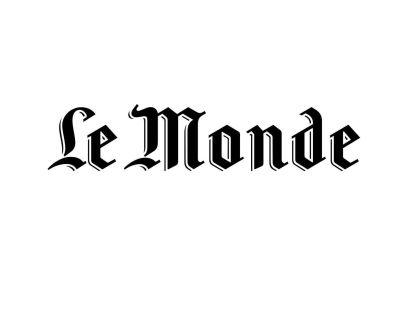This paper looks at 13 African states between 2005 and 2009 to assess the evolution of trust in the leader and state institutions (police, electoral commission and parliament). The authors’ objective is to investigate how protest movements can reveal the nature of governments and the monitoring institutions’ failure to prevent them from misbehaving. Part of verifying this hypothesis consists in comparing the opinions of people living near a protest with those farther away. Demonstrations substantially reduce the trust in heads of State and their parties, provided they occur within a 20-kilometre radius, for individuals interviewed over the following two months. Data from the Afrobarometer show that heads of State’s perceived legitimacy can drop by 12%, reducing their parties’ chances of winning the next election.
So how far do demonstrations affect the social and political climate? Protest acts as a signal and spreads information. It reveals what the government is doing, while disseminating information to citizens. And not only does protest deliver knowledge of the current regime and monitoring institutions, it also puts forward the demonstrators’ opinion. It sheds light on their demands and their voting preferences. It paints a clear picture of domestic politics. Moreover, as social unrest is repressed, distrust of government increases both among demonstrators and the local population. Such protest affects not just the head of State but also the monitoring institutions that guarantee and control the State (police, justice and politicians). The population loses faith in them because they are unable to guarantee the integrity of the executive. Protest movements thus reveal the nature and the failings of the national system, although they don’t discredit local authorities.
Importantly, the mistrust has lasting consequences for the political system. Even though leaders can be replaced, it changes the nature of citizens’ relationship with politics. They become more likely to express themselves in the street than through the ballot box. And this holds true even after significant repression, which sometimes increases the level of violence. Paradoxical as it may seem, repression catalyses citizens’ protest responses and motivates individuals to act collectively and jointly. More structurally, the risk of abstention from voting increases. Street movements make the more institutionalized democratic tools illegitimate.
Social unrest spreads information and publicly denounces the leader’s behaviour. Precisely because it encourages citizens to distrust traditional institutions, it transforms political and civil actions.
Currently, French people are taking to the boulevards and avenues, one more in the long list of European protest movements. Should this be seen from a purely European perspective? Or can a European demonstration produce the same effects as on the African streets?
Edwin Fourrier-Nicolaï
Computer graphics: Claire Lapique
© Photo cc_Benny Jackson - Unsplash
© Photo cc_Elijah O'Donnell - Unsplash



